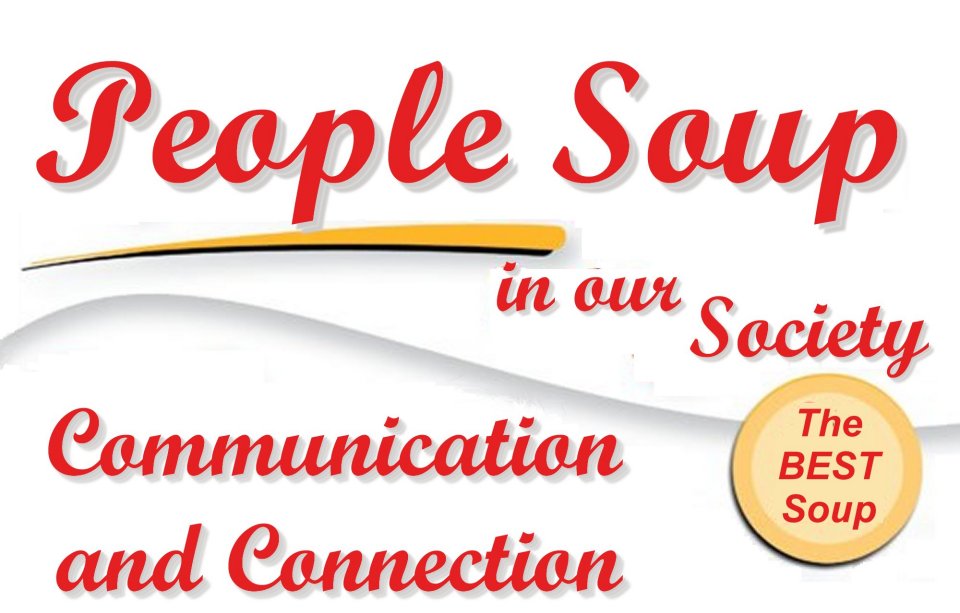We’re all here, players in each other’s life dramas. In some ways we’re all one and in others, there’s really no one but you. And it’s all true. How confusing is that? The best you can do is to play along at the best of your ability.
So, play along, reach out and be a connector. Find ways to connect with other people and find ways to connect others to each other. Be a web weaver of the world.
It all stats with you, so get out there and start networking (and overused word, but adequate). This is a great excuse for you to get out and start connecting. As you connect, try to get to know about something significant about that person, what is their gift, calling, or at the very least, “what do they do?” Care enough to get a way to contact them, even if you aren’t able to see a need of their services for you.
Because as you weave your web around the world you are able to connect people with one another, stretching your web of connectivity throughout the world. Being a connector is invaluable. Some of my favorite people are massive connectors. Be a connector.
Reaching out to people face-to-face is by far the best way to meet people because it helps you get past the superficiality of a person’s cover story. Certainly, there is a wave of acceptance that comes from social media interaction, but still this is only superficial. An authentic connection can only be made hand to hand, eye to eye. Even video chat can’t compete with that.
Think about it… Are you more likely to feel as though you know someone if you’ve met them face to face, or viewed their facebook or linkedin profile and exchanged a few messages or emails?
You want to make yourself available to the people you meet. Doing so without expecting anything in return. For instance, if you meet someone who needs a publicity agent and you introduce them to someone you’ve just met who is one of the best in their field, and you connect them. They go on to do great things in the world, and they don’t forget what you did for them.
This endears them to you, and they will feel a sense of wanting to return the favor someday. It’s just the nature of being a connector, if you’re not using your connectivity as a method to manipulate others, because this energy will be felt by heart-centered individuals, and this will actually repel them from feeling a sensitivity towards you and your cause(s).
When you’re fortunate to get to meet someone face-to-face, get to know them at a deeper level. When I am blessed enough to meet someone, I try to find out more about them than is represented on their business card, web site or facebook profile. You don’t get this chance every day, find out where their heart beats.
Connect like-minded people. As you get to know people better, you’re more able to interconnect them powerfully, heart-to-heart. People who are connected, working together, who share a similar vibrational resonance will far outperform non-like-minded individuals trying to work on a project.
Reach out to other connectors who are also building their own webs of connectivity. This can expand your connectiveness exponentially. Social media is an excellent method to find other connectors, but remember, if you really want to connect, seek a way to get face to face, and offer them your best, expecting nothing in return.
Connections fade away if they are not nurtured, so stay in touch and create opportunities to connect even more with your people. You cannot survive in a vacuum. Check in with them without being salesy or spammy. If you’ve connected with them authentically, your people will want to stay in touch.
As your network builds, calling on the phone becomes less efficient, and I think your people understand this, so it’s okay to reach out in less effective methods, like via email, or private message. They will understand, but still want to keep in touch.
If you’ve connected people, and things don’t work out, offer to lend a hand in making things right. This will turnaround a potentially tragic scenario into a massive, “save,” and you emerge the hero.
Be dependable, reliable, authentic and integrous in all your interconnectedness while web weaving all around the world.
Want to meet people? Be the creator of opportunities for face to face interconnections by creating your own social and networking events. Get out there and create your own events. Yes, you can spend hundreds of thousands of dollars to put on a posh event, but you can charge or fundraise to support the overhead. Just make sure you over-deliver.
And once you start – don’t stop. Everyone is watching you, to see if you’re inauthentic, or just out to promote yourself or make a fast buck. No, give, give, and give… and keep giving. It takes a while to build trust among your people, especially those in the fringe, who are considering moving through the crowd to get to you.
Stay on the task and keep weaving your own web around the world.



